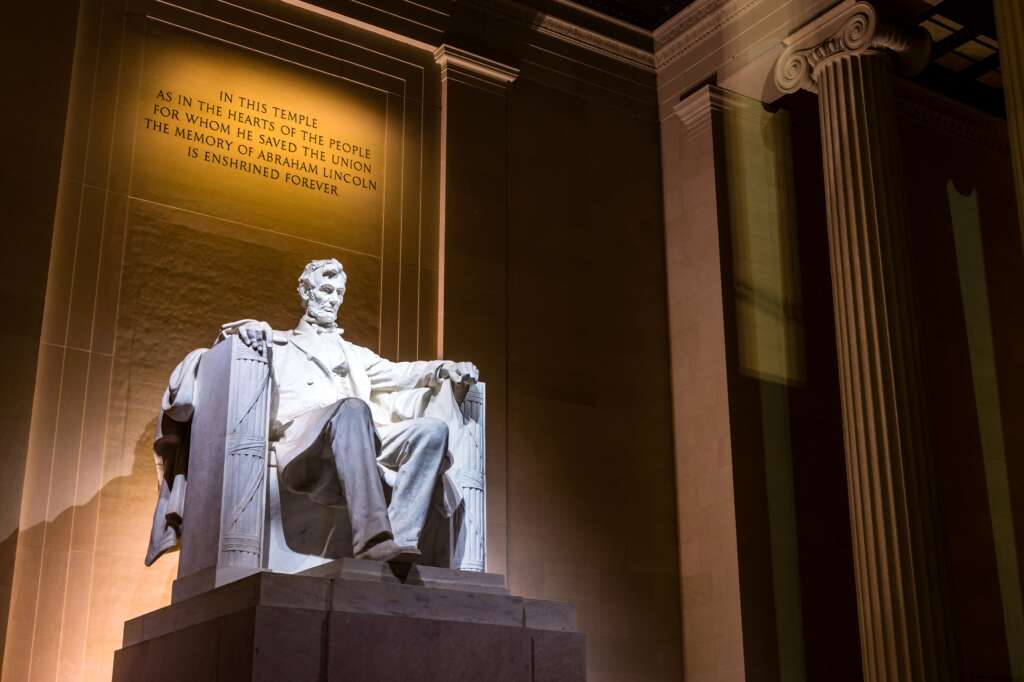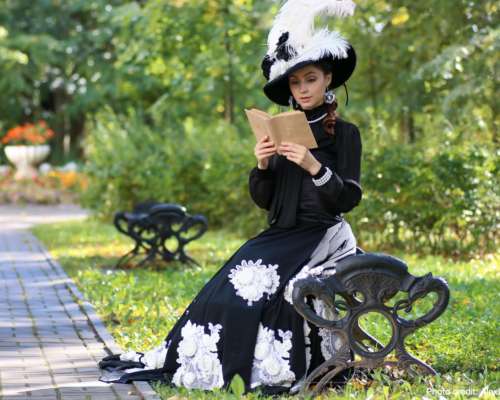I was first introduced to John Greenleaf Whittier (1807-1892) when I was in high school. He was a Quaker, native to New England, an abolitionist and a poet. We read one of his many works, and it was called The Book Our Mothers Read. It has only eight lines, but those eight lines contain the wisdom of the ages. This is what Whittier writes:
“We search the world for truth; we cull
The good, the pure, the beautiful,
From graven stone and written scroll,
From all old flower-fields of the soul;
And, weary seekers of the best,
We come back laden from the quest,
To find that all the sages said
Is in the Book our mothers read.”
Whittier speaks of young adults leaving the nest to make their mark on the world. Many go immediately to university to develop perspectives, successful life strategies and skill sets, though it is still possible (though increasingly difficult) in this post-modern world to become prosperous without a college education. And regrettably, not every young person seeks the truth unless it can be found in the bottom of a beer bottle. Still, many young people channel their idealism and energy into worthwhile endeavors that involve building a better world for all. Whittier uses the word “cull” which refers to a careful sifting of truth from error in the pursuit of knowledge and social justice. The word cull also appears in the Gospel of Matthew when Jesus speaks of separating evil people from the righteous and the sheep from the goats. This does not mean that Jesus actually used the word “cull” of course. Cull is an English word and was not used before the twelfth century A.D. and the French term from which it was derived (cuillr) scarcely goes back much earlier. The Latin term colligō meaning “to gather together” may well have existed in the time of Christ, though it would be doubtful if he knew it.

In one’s studies, particularly among liberal arts majors, a student is quickly introduced to both stone and scroll. Other may pick up on this if they read independently or spend time watching the History Channel, perhaps. Others encounter these edifices in their travels and visited to museums around the world.
The fourth line in the poem is very interesting. Whittier seems to be comparing the flowers of the field to memories we accrue, and his inclusion of the word “soul” suggests that these memories are deeply entrenched or particularly meaningful to us. Refer to the photo below of the flowers in the field. One of the daughters walks through the field of her life where flowers are memories in her mind. Some flowers are roses which remind her of her first love. Then, there are the peonies that lit up her wedding bouquet. She picks the daisies that bring to mind the birth of her first child. There are occasional thorns in the field among the flowers that prick her fingers and remind her of the pain we must all endure. Then there is grief. She spies an inflorescence of lilies which remind her of the death of her mother. The lilies were given to her on that occasion by her friends and meant to comfort her in her sorrow. She pauses to pluck a few of them to bring closure to her own life.

The poet reminds us many of us eventually return to the same locale that we first called home, as my wife Deena and I have, ourselves. We’ve fought the good fight and tried to leave the world a little better than we found it. I am reminded of Tennyson’s words from the heart of Ulysses:
“All times I have enjoy’d
Greatly, have suffer’d greatly, both with those
That loved me, and alone, on shore, and when
Thro’ scudding drifts the rainy Hyades
Vext the dim sea: I am become a name;
For always roaming with a hungry heart
Much have I seen and known; cities of men
And manners, climates, councils, governments,
Myself not least, but honour’d of them all;
And drunk delight of battle with my peers,
Far on the ringing plains of windy Troy.
I am a part of all that I have met;
Yet all experience is an arch wherethro’
Gleams that untravell’d world whose margin fades
For ever and forever when I move.“
Much have I seen as well, and known; cities and men; manners, climates, councils and governments. Yet, what did learn from my travels, my labors? Only this . . . Whittier was right. Everything the sages said was in the book my mother read.
Had I paid more attention as a child while my mother read to me from my Little Visits with God story book, I might have been better prepared for the moral ambivalence I discovered later in life. I might have been able to develop a compass to guide me when the ethics of a problem were not obvious. There’s an interesting story here. . .
When the settlers in the wagon trains traveled westward across the plains of our country in the nineteenth century, they would unhitch their horses and oxen as they paused for the night. The last thing they would do is point the tongue of their wagon towards Polaris, the North Star. This way when they woke up at daybreak, everyone knew which way was north and then it was obvious to all which way was west. Had they not done this, they might have become hopelessly lost.
Likewise, my mother’s words might have been convinced that there was a truth, a person sent by God whose word was as “constant as the Northern Star.” And, I might have been forewarned and forearmed that life is worth fighting for, but fight we must.
Can this poem be anything more than an improbable fantasy? I know than relationships between mothers and daughters are often testy or strained. I know few mothers probably read to their children any more, yet alone read from the Bible. Whittier no doubt saw this happening even in his time, so I think he represents it as the ideal more so than a reality. The difference between the two is whether one takes the initiative to make something happen, in this case, to read to their children instead of reaching for the remote so the children can watch yet another episode of Scooby-Doo.
Then, too I was blessed with a liberal education which I eagerly passed on to my students. I don’t know for sure if what they learned influenced their earning power in life, but I’m sure they are richer and hopefully wiser people for it.




